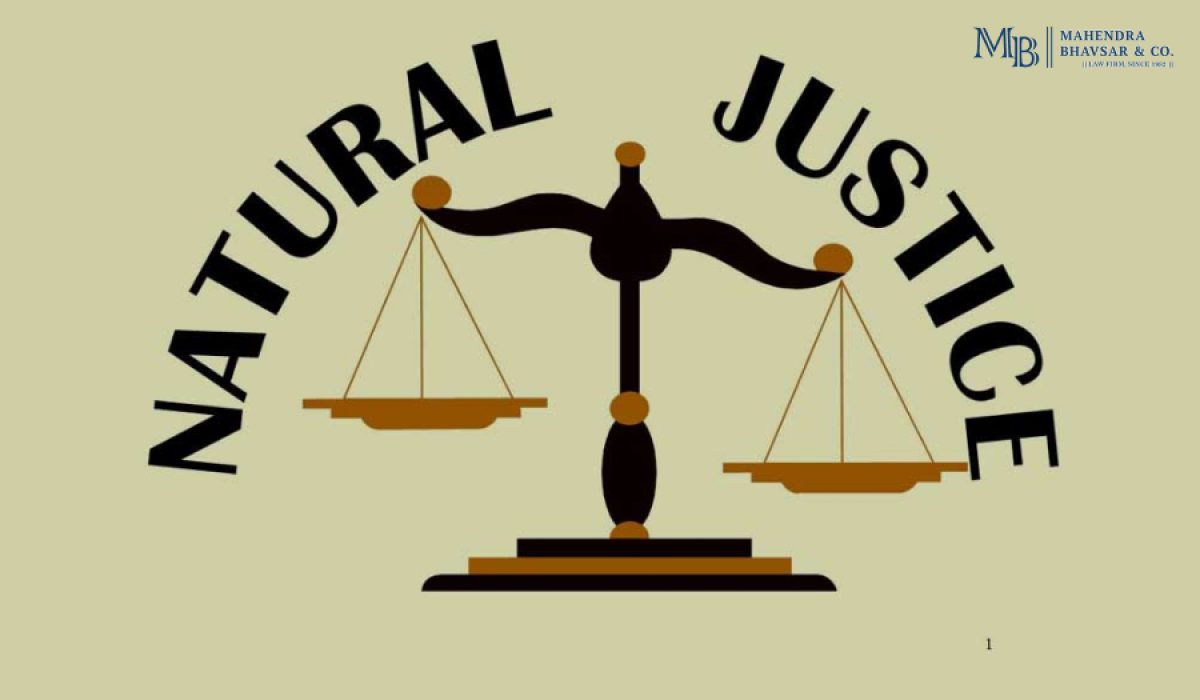Facts of the Case
The appellants (defendants) were tenants of the State of Uttarakhand in a property owned by the plaintiffs. The plaintiffs filed a suit for eviction in 2001, alleging non-payment of rent fixed at ₹86,232/month by a 1999 court order. Despite service of summons, the defendants sought repeated adjournments to file their written statement. On April 22, 2002, the trial court ordered the suit to proceed ex parte after denying further adjournments. Subsequently, on May 3, 2002, the court struck off the defendants’ defence without notice, and an ex parte decree was passed on August 24, 2002. The defendants challenged the decree, but the High Court dismissed their revision.
Key Issues
- Whether the ex parte decree and the order striking off the defense violated principles of natural justice.
- Whether the defendants were denied a fair opportunity to defend the suit.
- The legality of amending the plaint without serving the defendants.
Arguments
- Defendants: Contended that the trial court acted illegally by:
- Preponing the hearing date (May 3, 2002) without notice.
- Striking off their defence without granting a hearing.
- Allowing plaint amendments without serving them a copy.
- Plaintiffs: Argued that the defendant’s conduct was dilatory and justified the ex parte proceedings.
Court’s Reasoning & Judgment
The Supreme Court, led by Justice Abhay S. Oka, held:
- Violation of Natural Justice: The trial court’s actions—striking off the defence without notice and amending the plaint without serving the defendants—were illegal. Even in ex parte proceedings, minimal rights (e.g., cross-examination, challenging jurisdictional defects) cannot be extinguished (Sangram Singh v. Election Tribunal relied upon).
- Procedural Illegality: Fixing a hearing date (May 30, 2002) and then advancing it (May 3, 2002) without notice deprived the defendants of a fair chance to contest the application.
- Restitution & Conditions:
- The ex parte decree was set aside, and the suit was restored to the trial court.
- The defendants were directed to deposit ₹1,00,000/month (adjusted against earlier payments) as a condition for relief.
- Non-compliance would revive the ex parte decree.
Conclusion
The judgment underscores that procedural fairness is non-negotiable, even in delayed litigation. The Court balanced restitution with accountability, ensuring the defendants’ right to defend while imposing costs for their earlier defaults. The ruling reaffirms that judicial shortcuts cannot override fundamental justice.
Key Takeaway: Courts must ensure litigants are heard before adverse orders, and ex parte decrees obtained unfairly will not stand.
FAQs:
1. Can a court pass an ex parte decree without giving notice to the defendant?
No, an ex parte decree cannot be passed without due notice and compliance with natural justice. The Supreme Court ruled that preponing a hearing without notifying the defendant and striking off the defence without giving an opportunity to be heard violates basic legal principles. Courts must uphold fair procedure, even if the defendant has been delaying the case.
What are the legal rights of a defendant in ex parte proceedings in India?
Even in ex parte proceedings, a defendant retains key rights such as:
Challenging jurisdictional defects
Seeking recall of the order
Cross-examining witnesses (if present at later stages)
The Supreme Court emphasized in this case that minimal procedural safeguards must be preserved, drawing from Sangram Singh v. Election Tribunal.
3. Is it legal to strike off a defendant’s defence without giving them a hearing?
No, striking off the defence without notice or an opportunity to respond is procedurally illegal. In the Uttarakhand tenancy case, the Supreme Court held that such action violated natural justice, and it restored the suit while imposing monetary conditions to balance equity.
4. Can a plaint be amended without serving a copy to the defendant?
No, a plaint cannot be amended without notifying the opposing party. The Court ruled that allowing plaint amendments without service to the defendants deprived them of a fair chance to respond and violated legal norms. Proper procedure mandates service of amended pleadings to ensure a fair trial.
5. What happens if an ex parte decree is passed unfairly in India?
If an ex parte decree is obtained through procedural impropriety, the court may set it aside to protect the defendant’s right to a fair hearing. In this case, the Supreme Court quashed the decree and restored the suit, subject to the defendant paying arrears. It reaffirmed that justice must not be sacrificed for procedural shortcuts.
Stay informed with insights that matter. Follow us for more updates on key legal developments.
Disclaimer
The content provided here is for general information only; it does not constitute legal advice. Reading them does not create a lawyer-client relationship, and Mahendra Bhavsar & Co. disclaims all liability for actions taken or omitted based on this content. Always obtain advice from qualified counsel for your specific circumstances. © Mahendra Bhavsar & Co.
